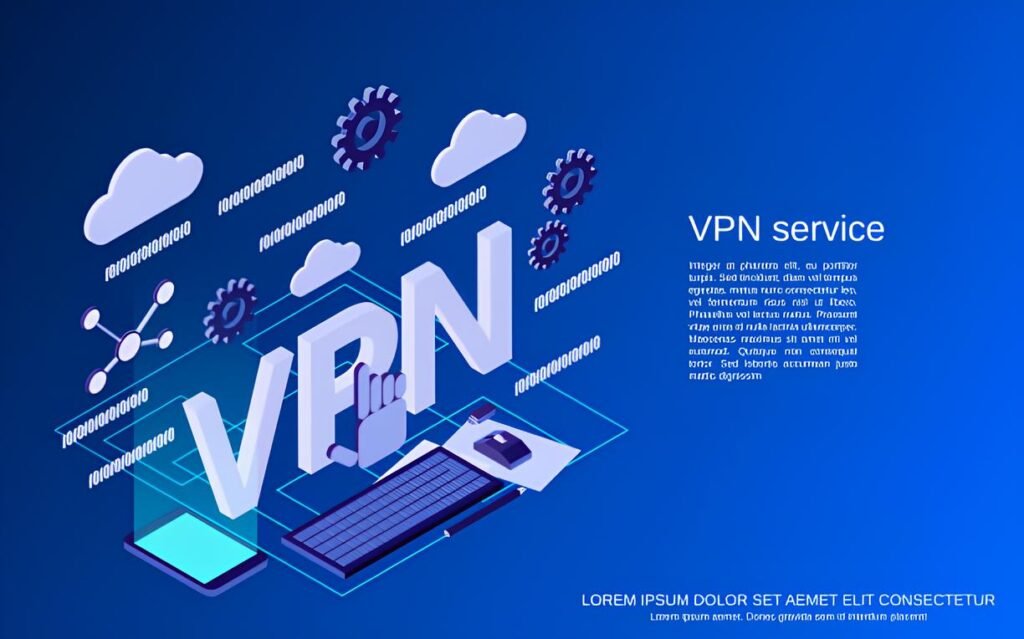Imagine settling into the comfort of a free VPN service—no extra cost, instant privacy, and seemingly effortless online security. The allure is strong, especially when headlines shout about rampant hacking and digital snooping. Yet beneath that shiny, “zero-dollar” sticker lies a more complex story. Over time, those tempting services can quietly strain your wallet, your privacy, and your digital wellbeing in ways you might never expect.
In This Article
How Free VPNs Really Make Money
At first glance, free VPNs feel like a gift: private browsing without paying a dime. But businesses don’t operate altruistically for long. Instead, free VPNs fund their services with alternative revenue models that usually include user data monetization.
Many free VPN providers harvest user browsing habits, connection times, device information, and even your online purchases. This raw data is then sold to advertisers, brokers, or third-party analytics firms. In some cases, data is combined to build detailed digital profiles that can be traded on the open market.
Another common tactic involves injecting ads or affiliate links directly into your browsing experience. So, while you enjoy “free” access now, your attention stream and behavior become the real commodity. This means the “cost” of your VPN usage could come in the form of targeted ads, spam, and even potential manipulation.
Privacy Risks and Data Collection
The fundamental promise of a VPN is privacy. Yet many free VPNs have sketchy privacy practices that put users at risk. Unlike premium services that maintain strict no-logs policies, free VPNs often have ambiguous or absent privacy statements.
For example, some free VPNs log your IP addresses, DNS requests, or the websites you visit—exactly the kind of information you’d want concealed. Worse, these logs can be handed over to law enforcement, hackers, or governments without your knowledge.
There are also reported cases where free VPN apps act as malware vectors or bundles for adware. Apps disguised as simple VPN clients might secretly track your location, access contacts, or even take screenshots.
Not all free VPNs are created equally—many have been flagged for invasive data collection that endangers your anonymity rather than protecting it.
Security Limitations of Free VPNs
Security protocols like OpenVPN or WireGuard require constant investments in infrastructure and software updates to remain effective against emergent threats. Free VPN providers often lack resources or incentives to maintain robust security.
Some common security pitfalls include:
- Weak or outdated encryption: Your data might be exposed in transit due to insufficient encryption standards.
- Vulnerable servers: Poor server maintenance can leave VPN nodes open to hacking, risking your data’s integrity.
- DNS and IP leaks: Many free VPN clients do not properly isolate your traffic, exposing your real IP address or DNS queries.
Such vulnerabilities can undo the whole purpose of using a VPN. For users who rely on VPNs to protect sensitive activities—whether journaling in restricted regimes or managing financial transactions—these flaws can pose significant dangers.
Hidden Performance Costs
Free VPNs typically provide limited bandwidth and throttled speeds. This means you may face frequent buffering, connection drops, or slow downloads, especially during peak hours.
The effects become more pronounced the longer you rely on these services for everyday browsing or streaming. Over time, this degraded experience can cause frustration or impaired productivity.
Beyond slow speeds, free VPN servers often have overcrowded networks. Sharing an IP address with many users not only increases exposure to blacklisting—where websites or services block the IP for suspicious activity—but also risks localized surveillance if that IP behaves maliciously.
If you want to maintain consistent, uninterrupted service, you might unintentionally need to upgrade—or try multiple services—to bridge the gap. This juggling grows cumbersome and costly.
Long-Term Financial Impact
You might wonder: how can a free VPN really impact your finances if it doesn’t ask for money upfront?
Here’s how:
- Stealthy subscription traps: Some apps lure users into free trials that convert into expensive subscriptions without clear consent.
- Data sold to advertisers: Your browsing profile can drive targeted ads that influence your purchasing decisions or inflate prices.
- Security breaches: Poor security practices can lead to hacks where cybercriminals access your banking information or credentials, leading to direct financial loss.
- Time costs and productivity loss: Slower connections and constant troubleshooting waste hours that could be spent on meaningful work or leisure.
To sidestep costly surprises, periodically review your app subscriptions and permissions. Practicing good “data hygiene” across devices can also limit exposure to hidden trackers.
Alternative Solutions for Sustainable Privacy
Does this mean you have to pay a fortune for online privacy? Not necessarily.
Consider premium VPN services that prioritize transparency and security, offering clear no-logs policies and robust encryption without hidden feeds or ads. While paid, they often provide better value with faster speeds and stronger protections.
For those deeply invested in privacy, complementing your VPN with tools like Tor Browser or privacy-focused operating systems can create layered defenses that don’t rely on a single point of trust.
Decentralized VPN alternatives, which distribute trust among many nodes, are also rising in popularity thanks to their resistance against server-based logging or pressure. These options deserve a closer look if you want to avoid the pitfalls of traditional, especially free, VPN providers.
FAQ
Q: Are free VPNs safe for everyday browsing?
A: While fine for casual use, free VPNs often compromise privacy, have slow speeds, and can collect your data. For sensitive browsing, they’re not recommended long-term.
Q: Can a free VPN leak my real IP address?
A: Yes. Many free VPNs lack proper leak protection, exposing your IP address or DNS queries through technical flaws.
Q: What should I look for in a trustworthy VPN?
A: Strong encryption, a strict no-logs policy, transparent ownership, regularly audited infrastructure, and good user reviews matter most.
Q: Is it worth paying for a VPN?
A: Most experts agree that investing in a reputable VPN service ensures better privacy, faster speeds, and a safer experience in the long run.



